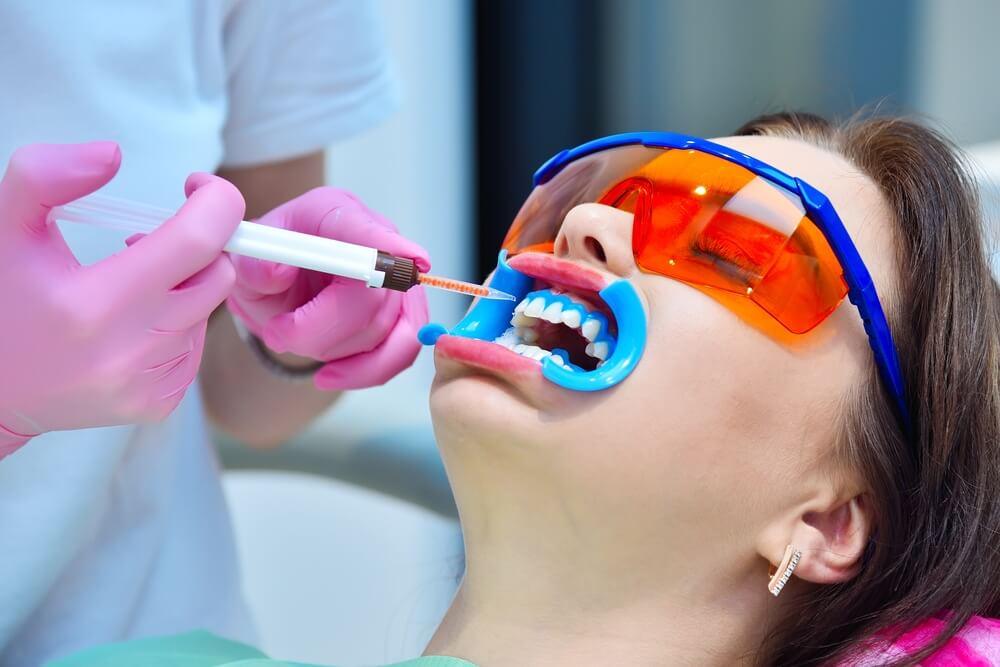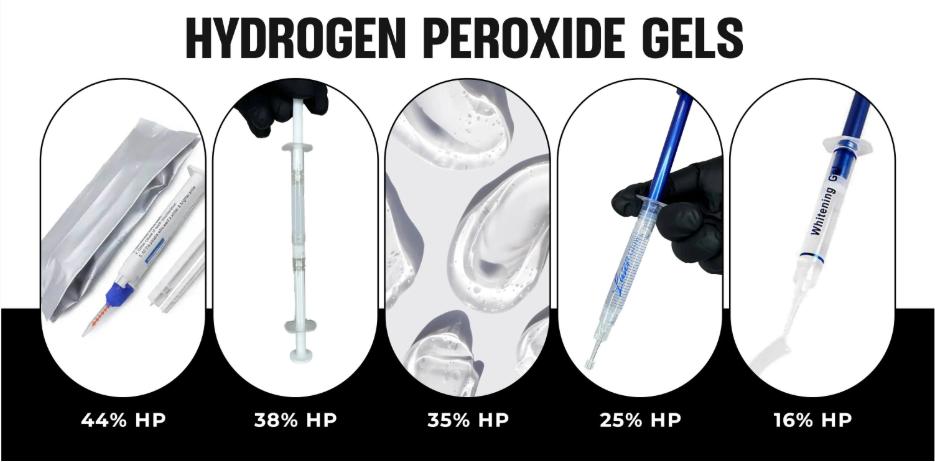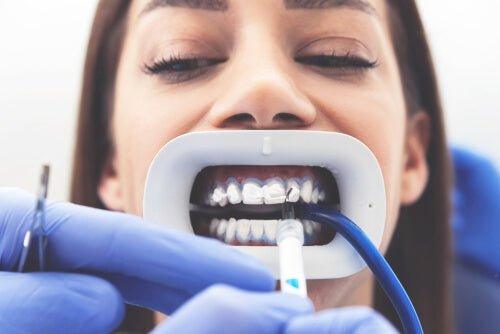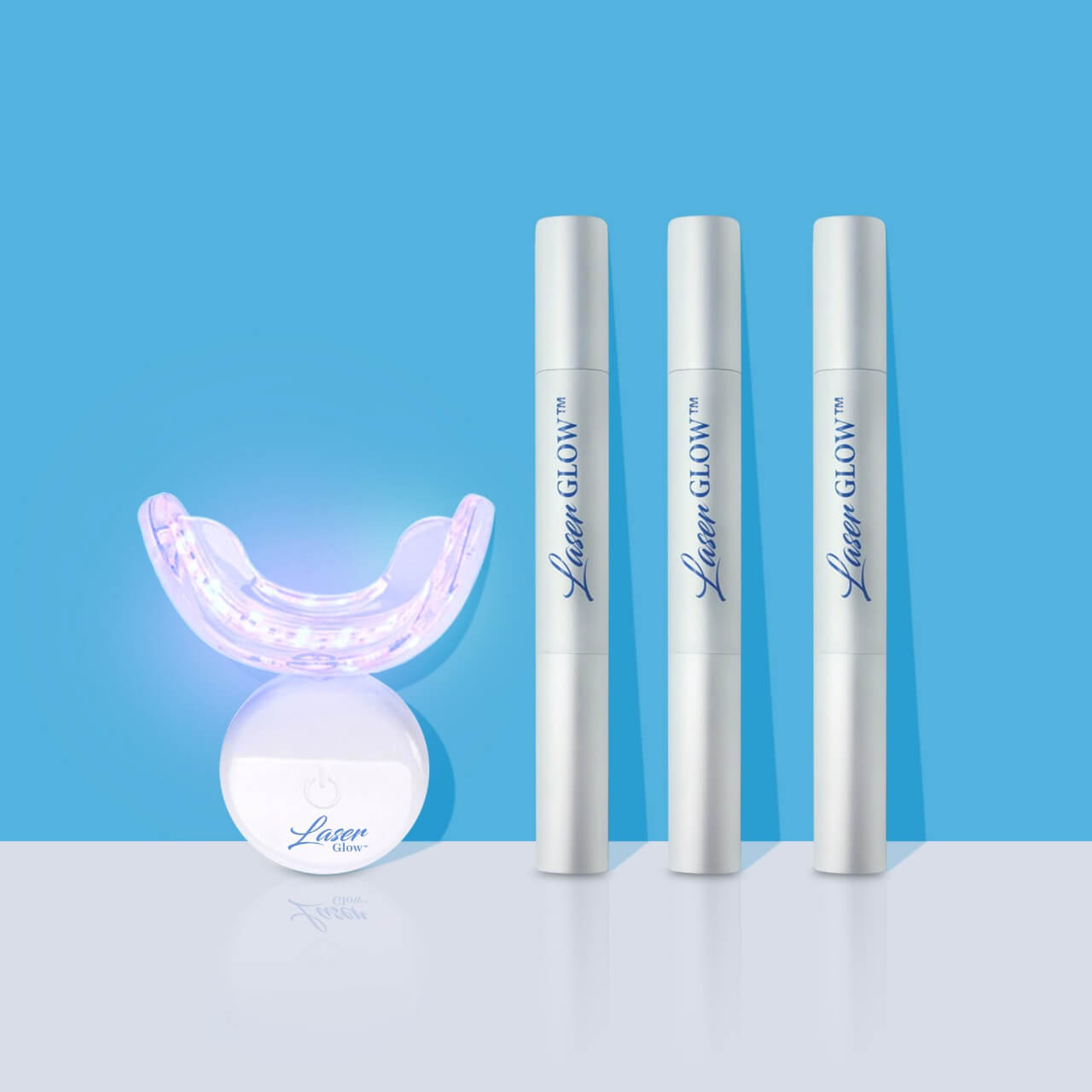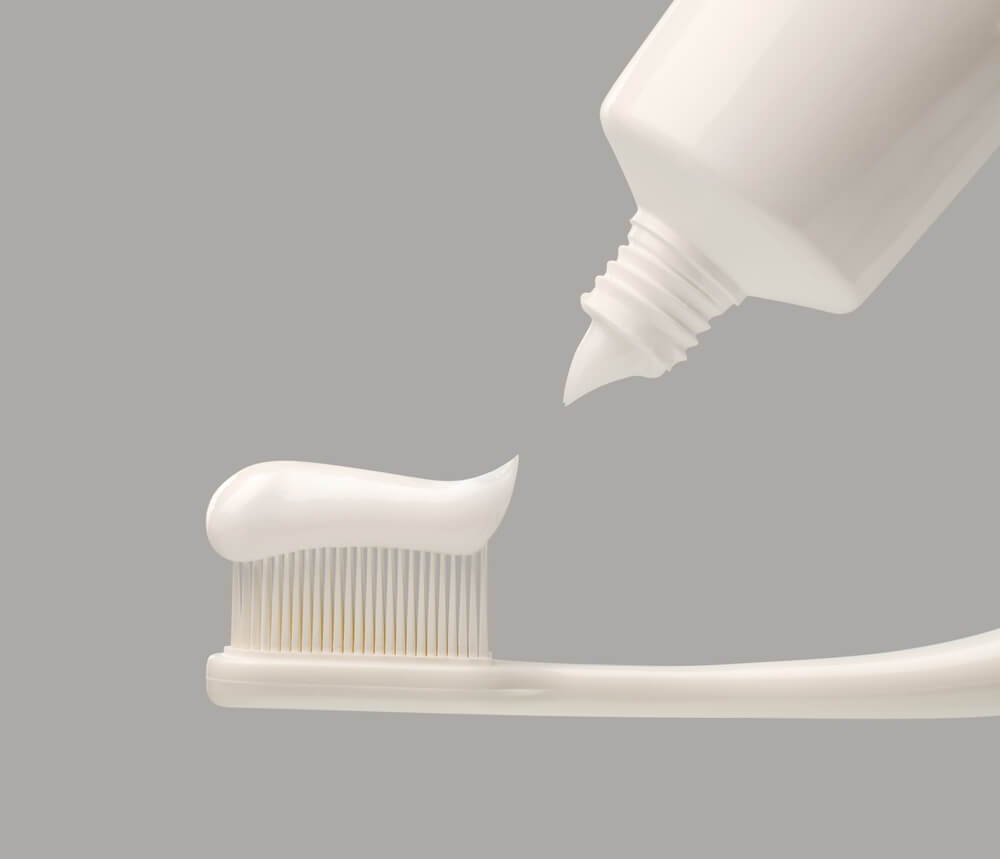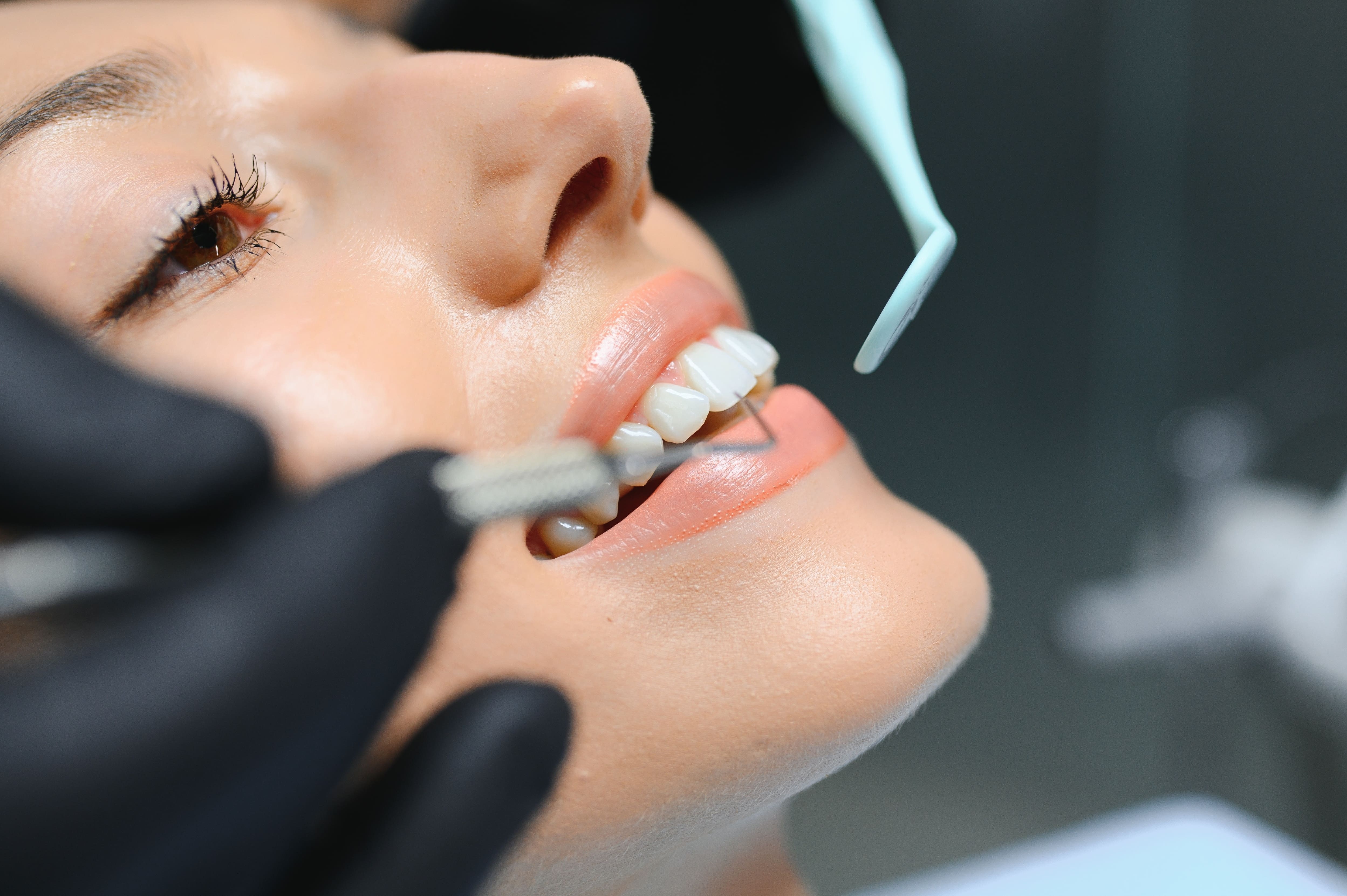Understanding laser teeth whitening
Laser teeth whitening uses concentrated light beams to break up stains on the teeth. The whitening process is often quicker and more effective than traditional methods. During the procedure, a protective coating is applied to your gums and a peroxide-based gel is then carefully applied to your teeth. The laser activates the gel, allowing oxygen to enter the enamel which then bleaches the color. The procedure typically takes about an hour and can make your teeth several shades lighter. However, it's important to consult with a dentist to determine if this method is suitable for your dental needs.
Benefits of laser teeth whitening
Laser teeth whitening provides faster and more noticeable results compared to traditional whitening methods. The treatment is also less likely to cause tooth sensitivity and can effectively remove tough stains caused by coffee, tea, and tobacco. Additionally, the procedure is safe and can be tailored to your specific needs, ensuring a brighter and more confident smile in just one visit to the dentist.
The science behind laser teeth whitening
Laser teeth whitening is a cosmetic dental procedure that uses a focused light to remove stains and discoloration from the teeth. The process involves applying a peroxide-based gel to the teeth and then using a laser to activate the gel, which helps to break down stains. The laser energy enhances the effect of the whitening agent, resulting in whiter teeth. This procedure is known for its quick and effective results, with many people experiencing noticeably brighter smiles after just one session.
How laser teeth whitening works
Laser teeth whitening works by using a concentrated beam of light to remove stains and discoloration from the teeth. The process involves applying a whitening gel to the teeth and then using the laser to activate the gel, which accelerates the whitening process. The laser energy penetrates the enamel to break up stains and brighten the teeth. This procedure is generally considered safe and effective, and it can often achieve noticeable results after just one session. However, individual results may vary, and it's essential to consult with a dental professional to determine if laser teeth whitening is suitable for your specific needs.
What to expect during a laser teeth whitening session
During a laser teeth whitening session, you can expect the following:
- Consultation: The dentist will examine your teeth to determine if you're a good candidate for laser teeth whitening.
- Preparation: Your teeth will be cleaned to remove any plaque or debris.
- Protection: Your gums and lips will be covered to shield them from the laser.
- Laser Treatment: The dentist will apply the whitening gel to your teeth and activate it with a laser for around 15 to 20 minutes.
- Rinse and Repeat: The process may be repeated multiple times until the desired level of whitening is achieved.
- Post-Whitening Care: The dentist will provide instructions on how to care for your teeth after the session.
Expect your teeth to become several shades lighter after the procedure, but results may vary depending on the initial condition of your teeth.
Preparation for laser teeth whitening
Before undergoing laser teeth whitening, your dentist will thoroughly clean your teeth to remove any plaque or tartar. Then, they will protect your gums and tooth-root surfaces with a barrier, a rubber shield, or a protective gel. It's important to remember that any existing dental problems, such as cavities or gum disease, should be treated before getting your teeth whitened, as the whitening solution could cause discomfort.
Risks and safety considerations
Before getting a laser teeth whitening treatment, it's important to be aware of potential risks and safety considerations. Some people may experience temporary tooth sensitivity or gum irritation after the procedure. In rare cases, the laser treatment could lead to damage to the tooth enamel or the surrounding tissues. It's crucial to consult with a qualified dentist to evaluate your dental health and discuss any potential risks before undergoing laser teeth whitening.
Aftercare and maintenance for a perfect smile
After getting laser teeth whitening, it is essential to maintain good oral hygiene to prolong the results and keep your smile dazzling. Here’s what you can do:
- Avoid consuming staining foods and drinks such as coffee, tea, red wine, and berries, or brush your teeth immediately after consuming them.
- Quit smoking as it can cause discoloration and diminish the effects of the whitening treatment.
- Brush with a whitening toothpaste to help maintain the brightness of your teeth.
- Regular dental check-ups and cleanings are crucial to keep your smile looking its best. Your dentist can provide additional whitening treatments as needed and monitor the health of your teeth and gums.
- Consider touch-up treatments as recommended by your dentist to maintain the results of the laser teeth whitening procedure.
Comparing laser teeth whitening with other methods
Laser teeth whitening is one of the most effective methods for achieving a whiter smile. It typically produces quicker and more noticeable results compared to other methods like at-home whitening kits or whitening toothpaste. With laser teeth whitening, the procedure is performed in a dental office by a professional, ensuring the best outcome. This method is also known to be less abrasive on the teeth compared to some over-the-counter options.
Conclusion: the impact of laser teeth whitening
Laser teeth whitening has become a popular option for achieving a brighter smile. Unlike traditional methods, the use of laser technology can accelerate the whitening process and often leads to more noticeable results. It's important to keep in mind that the effectiveness of the treatment may vary from person to person, and maintaining good oral hygiene is essential for prolonging the results. However, many individuals report feeling more confident and satisfied with their appearance after undergoing laser teeth whitening.


